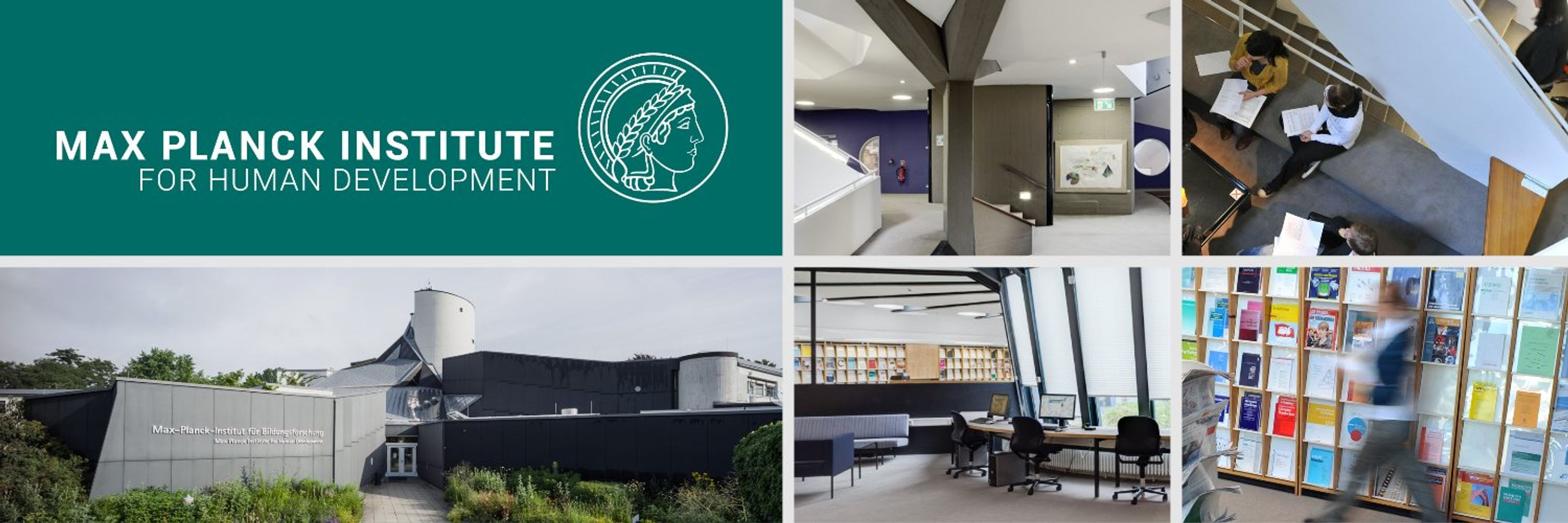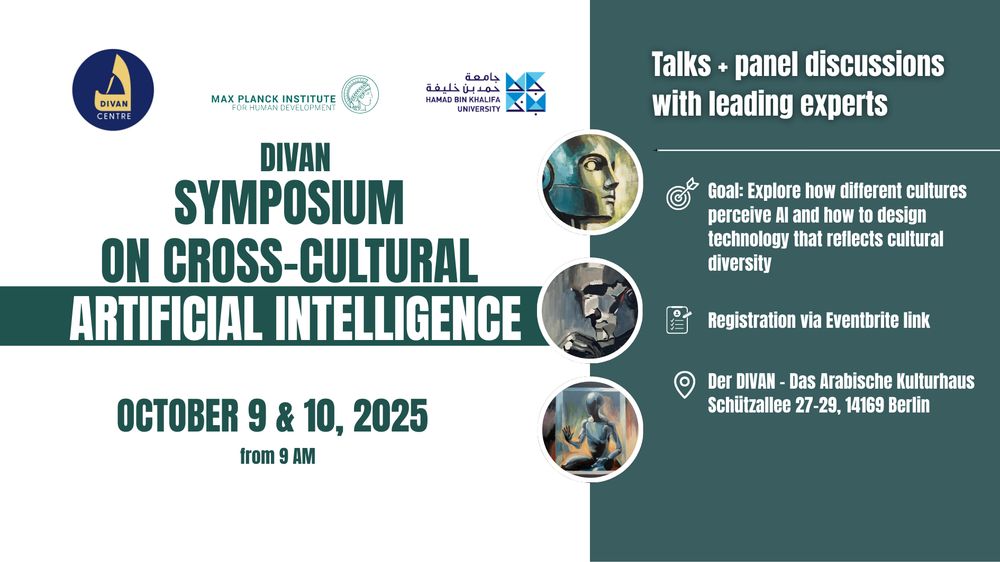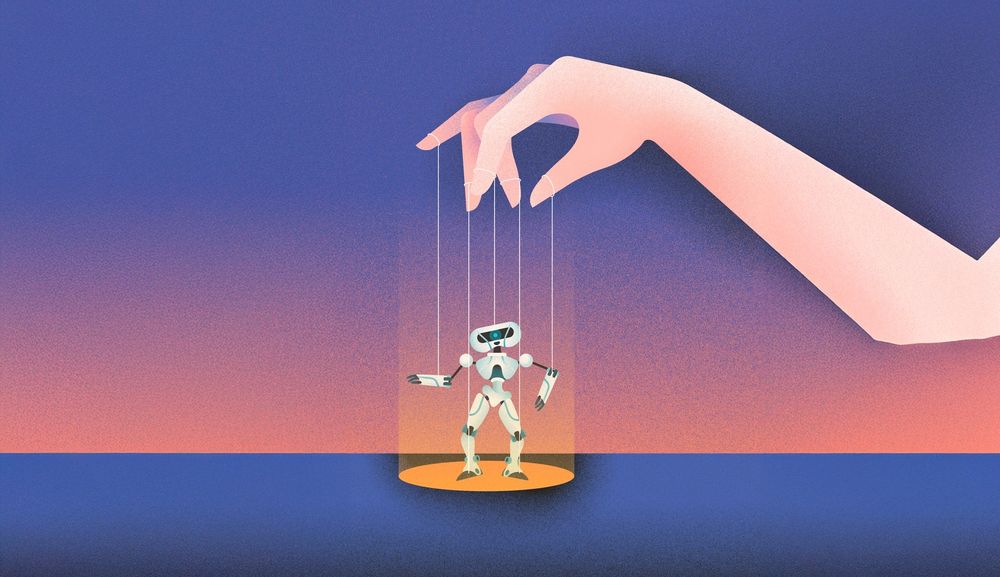Max Planck Institute for Human Development
@mpib-berlin.bsky.social
1.2K followers
520 following
76 posts
Max-Planck-Institut für Bildungsforschung. Research institution dedicated to the study of human development. Located in Berlin. Belongs to the Max Planck Society. Tweets by the Press Office.
https://www.mpib-berlin.mpg.de/imprint
Posts
Media
Videos
Starter Packs
Reposted by Max Planck Institute for Human Development
Reposted by Max Planck Institute for Human Development
Reposted by Max Planck Institute for Human Development
Reposted by Max Planck Institute for Human Development
Reposted by Max Planck Institute for Human Development






















